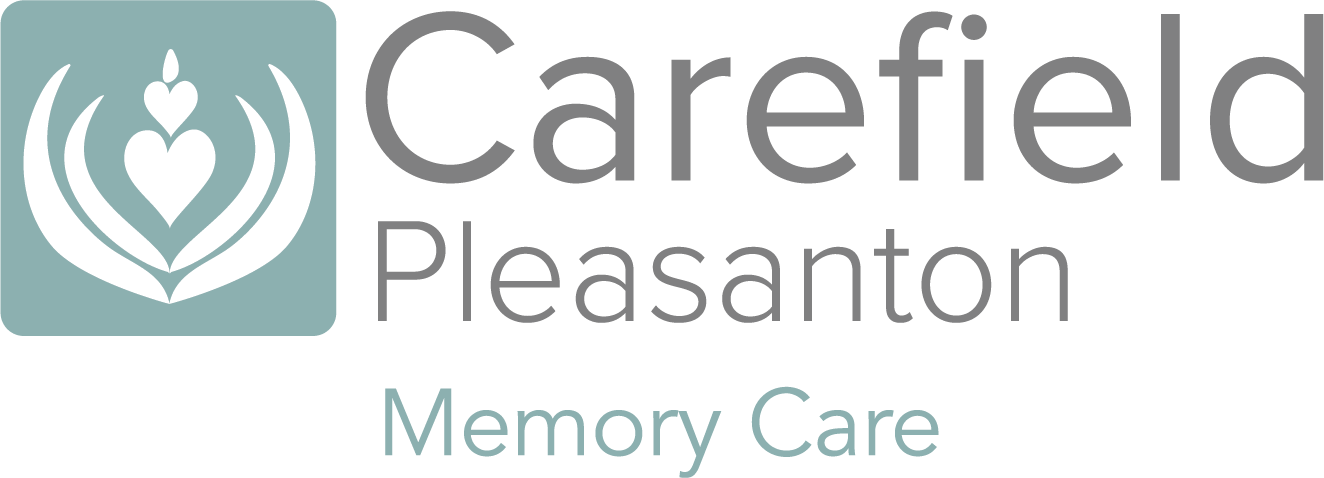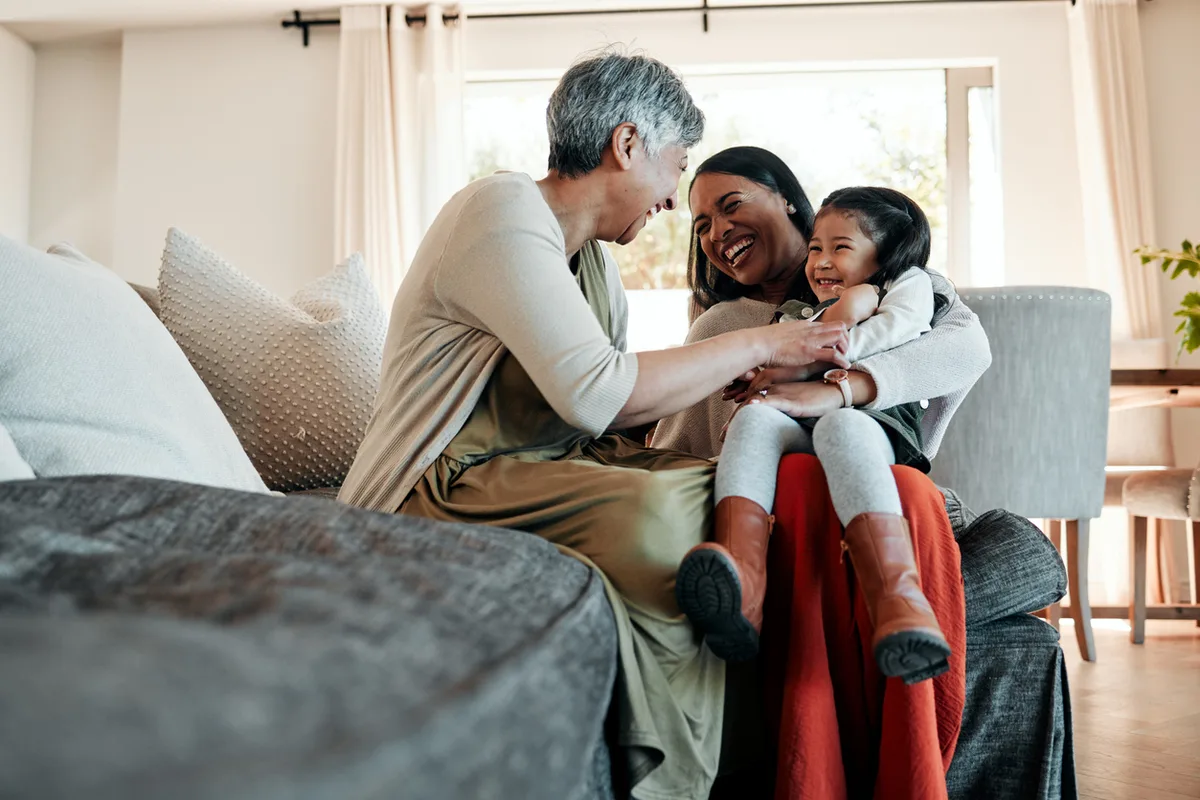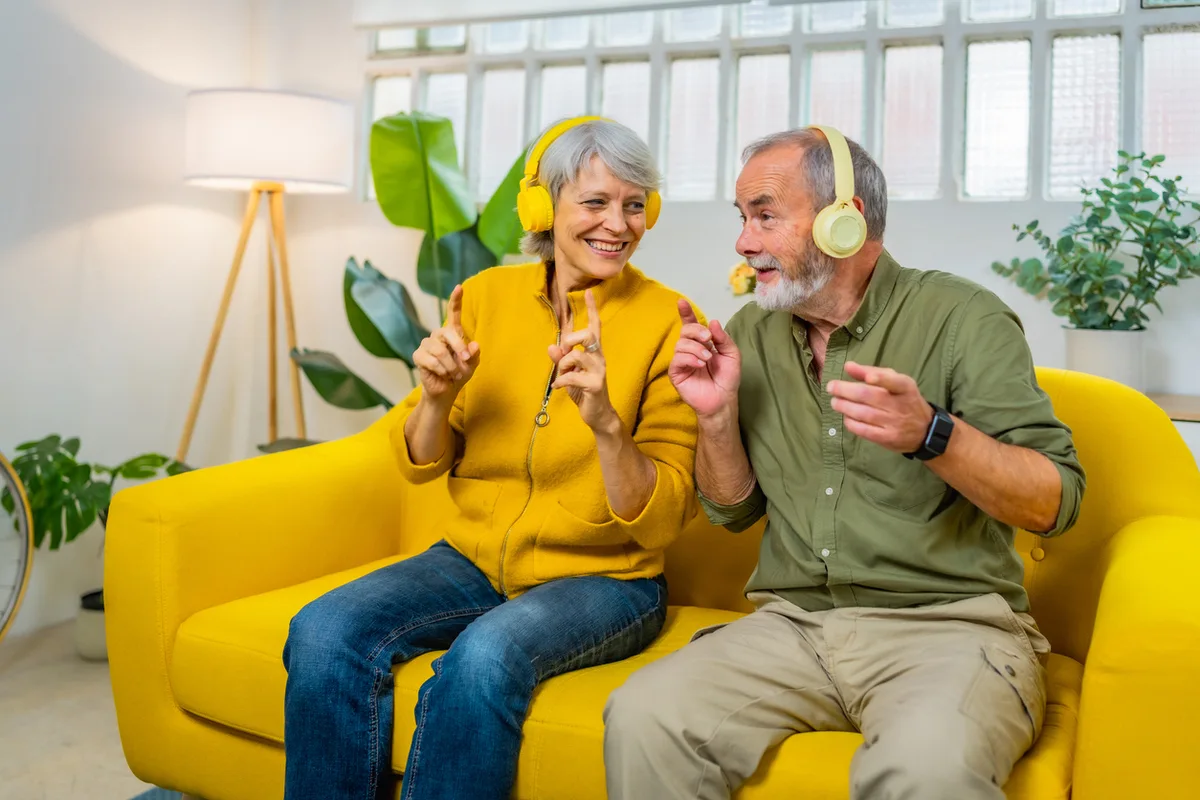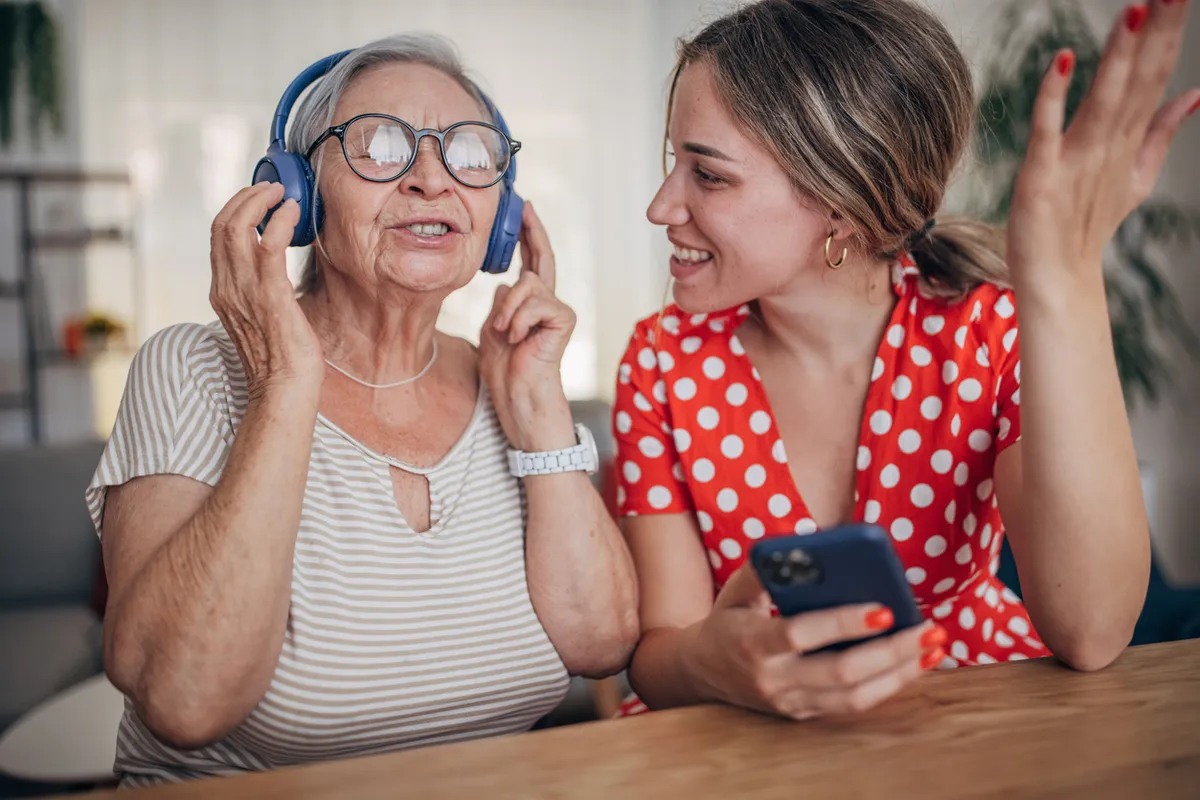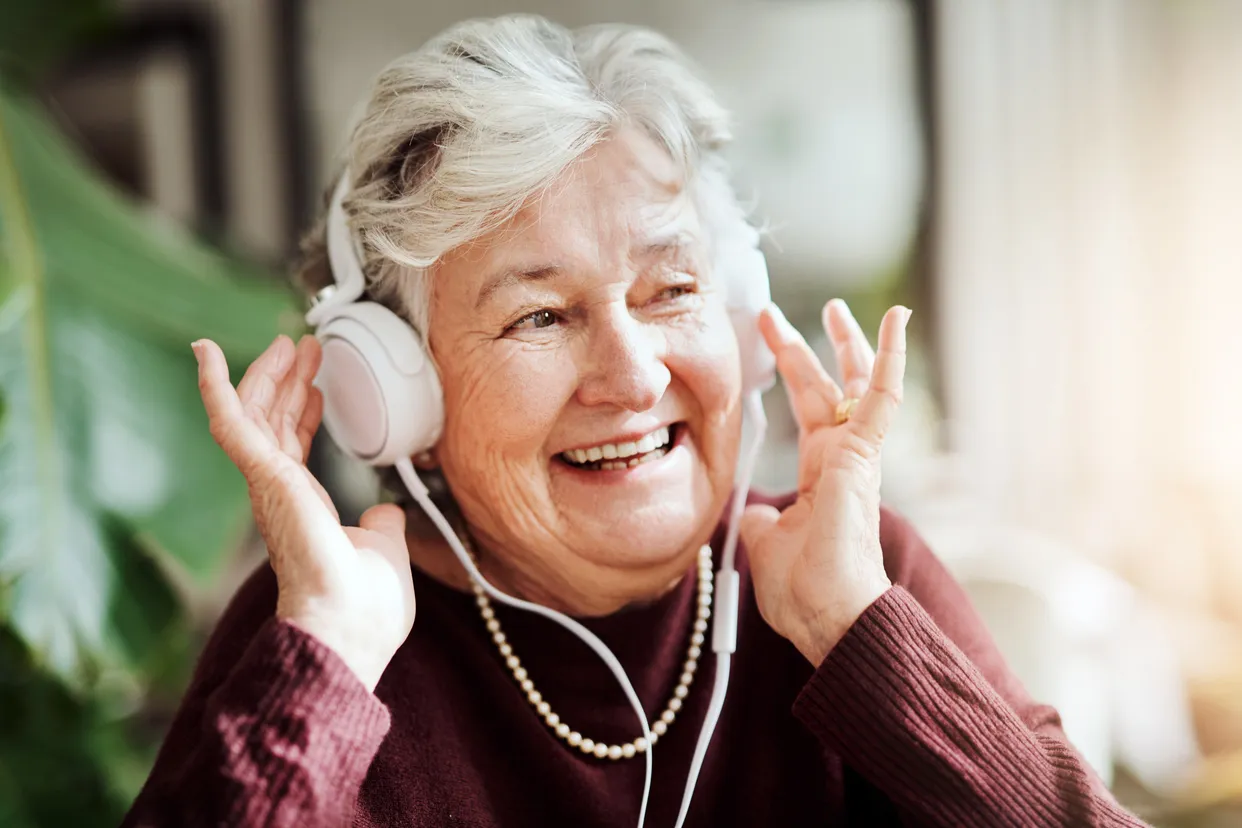
At Carefield Pleasanton, we’ve seen how music for seniors opens a window—connecting our residents not only to the world around them but also to themselves. For individuals living with Alzheimer’s and other forms of dementia, words can sometimes fade, but melodies often remain.
That’s why music is more than just a pleasant addition to our community life—it’s an integral part of our memory care approach. It helps us create moments of joy, evoke powerful memories, and foster deep emotional connections between residents, families, and care partners.
The Science Behind Music and Memory
Music has a profound neurological impact, especially for individuals with memory loss. While Alzheimer’s and dementia can gradually affect memory, reasoning, and language, music-processing centers in the brain often stay surprisingly resilient. This allows musical experiences to bypass damaged cognitive pathways and reach emotional centers directly.
Benefits of Music in Memory Care:
- Triggers emotional memories long thought inaccessible
- Soothes anxiety, frustration, and sundowning
- Stimulates speech and non-verbal expression
- Promotes connection in group or one-on-one settings
Creating Personalized Musical Moments
One of the most meaningful ways we bring music into our community is through personalization. Every resident’s experience with music is unique, shaped by their life story and personal preferences. We work closely with families to build playlists that reflect each individual’s musical timeline—often focusing on songs from their teens and early adulthood.
We use music in both structured and informal ways, including:
- Group singalongs and music therapy
- One-on-one headphone sessions
- Soothing background music during transitions
These carefully curated experiences often lead to powerful responses, such as smiles, singing, eye contact, or quiet calm.
Music in Everyday Life at Carefield Pleasanton
Music flows throughout our day at Carefield Pleasanton. From upbeat tunes that energize morning movement to calming melodies that ease sundowning symptoms, we integrate music intentionally.
Our Carefield team is trained in how to use music for:
- Redirection and de-escalation
- Mood regulation
- Engagement and stimulation
We also regularly host live performances featuring local Pleasanton and Amador Valley musicians, bringing joy and vibrancy to our shared spaces.
Why Music Still Works in Late-Stage Dementia
Even in the late stages of dementia, when words and logic may be limited, music continues to connect. Residents who rarely speak may start tapping their feet, swaying, or singing familiar lyrics from memory.
These are the moments that remind us why we do what we do. They are not just breakthroughs but expressions of identity, resilience, and connection.
Helping Families Connect Through Music
We also empower families to use music as a bridge. For those visiting loved ones or supporting care at home, we provide resources to help build personalized playlists and guide shared listening experiences.
Tips for Using Music at Home:
- Choose songs from your loved one’s early life (ages 15–25)
- Use calming instrumental tracks to reduce agitation
- Watch emotional reactions closely to tailor your selections
- Don’t be afraid to sing along or dance a little—engagement matters
Our Philosophy: Personal, Purposeful, and Heartfelt
At Carefield Pleasanton, we believe in memory care that honors the whole person. Music is one of the most powerful tools, and we have to do just that. Whether a spontaneous singalong or a quiet, personal listening moment, these musical experiences help us care with compassion and connect with purpose.
We see music not as an activity but as a language—a way to say, “I see you, I hear you, I remember you,” even when words are no longer enough.
Visit Carefield Pleasanton and Experience Music in Memory Care
If you’re seeking memory care in Pleasanton or the greater Amador Valley area, we welcome you to visit Carefield Pleasanton. Our community offers a warm, safe, and music-enriched environment where residents are supported with intention, respect, and heart.
Experience how music is helping Pleasanton residents connect with their past, with each other, and with their loved ones.
Schedule a Visit Today or reach out to learn more about our person-centered memory care services.
Frequently Asked Questions
How does music help people with Alzheimer’s and dementia?
It helps trigger emotional memories, reduces stress, and supports cognitive stimulation.
Do you offer personalized music playlists for residents?
Yes, we build playlists in collaboration with families based on each resident’s life story and preferences.
Can music therapy help with sundowning symptoms?
Yes, calming music in the late afternoon and evening can ease agitation and confusion.
Is music used every day at Carefield Pleasanton?
Music is an essential part of daily life—used in group programs, during transitions, and in one-on-one settings.
Can family members join in music activities?
Absolutely. We encourage families to participate in music sessions during visits.
